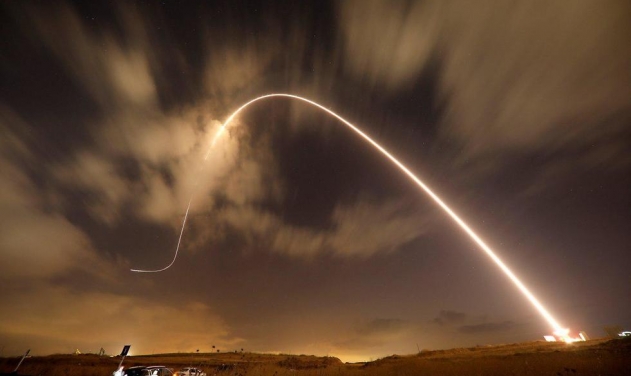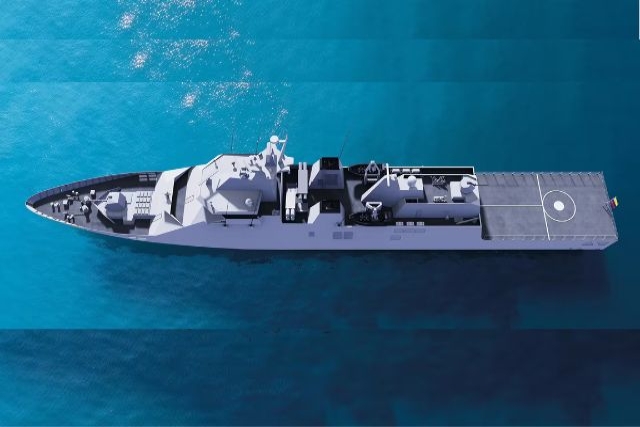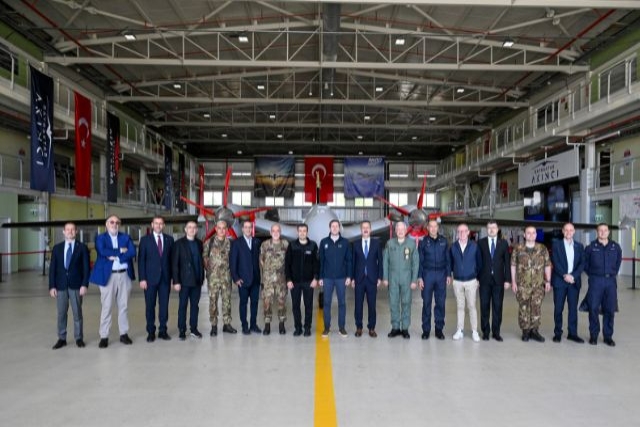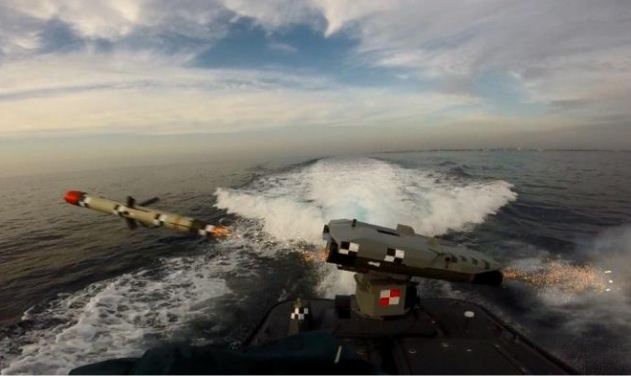US Army Seeks Two Iron Dome Batteries from Israel for $373M

The US Army is seeking to purchase two Iron Dome Air Defence System Batteries from Israeli firm Rafael in a deal worth $373 million.
The Army are acquiring the two Iron Dome batteries to provide ground forces an interim capability by 2020 against unmanned air vehicles, mortars, rockets, artillery and cruise missiles as well as explore full adoption of the Israeli-developed system for the Indirect Fire Protection Capability Increment 2-Intercept program and incorporation with the Integrated Battle Command System by 2023.
According to the report, the US Army has asked Congress for $373 million to buy the two batteries and is expecting them to be delivered by 2020.
"The Army assessed the key benefits of the Iron Dome system as its magazine depth of 20 interceptors per launcher and the capabilities of the Tamir Missile. The fielded interceptor is battle tested and Israeli Qualified," Inside Defense quoted Bruce Jette, US Army acquisition executive as saying.
The batteries will include 12 launchers, two sensors, two battlement management centers and 240 interceptors.
The US plans to station the batteries abroad to defend its troops in sensitive areas around the globe, the report stated.
The US tried to build interception systems based on American-made air-to-air missiles— AIM-120 AMRAAM and AIM-9 Sidewinder; but the costs were too high.
Also, these systems failed to meet all of the army's operational needs. The US then decided to acquire the Iron Dome system from Israel, the report stated further.
America also plans to acquire the Israeli-made radar for Iron Dome, the ELM-2084 Multi-Mission Radar (MMR), which is manufactured by the Israel Aerospace Industries (IAI), since adjusting the American radar to Iron Dome would delay the system going into service, Israeli Ynetnews reported Wednesday.
Since 2011, the US has paid Israel $1.4 billion towards development of Iron Dome. Raytheon has teamed with Rafael to produce the Iron Dome system, with over 50% of components manufactured in the US, within the framework of US Department of Defense requirements in return for the funding.









